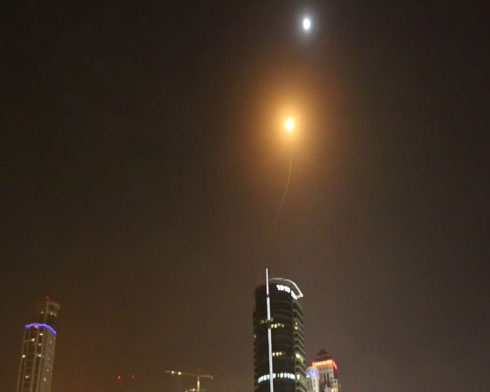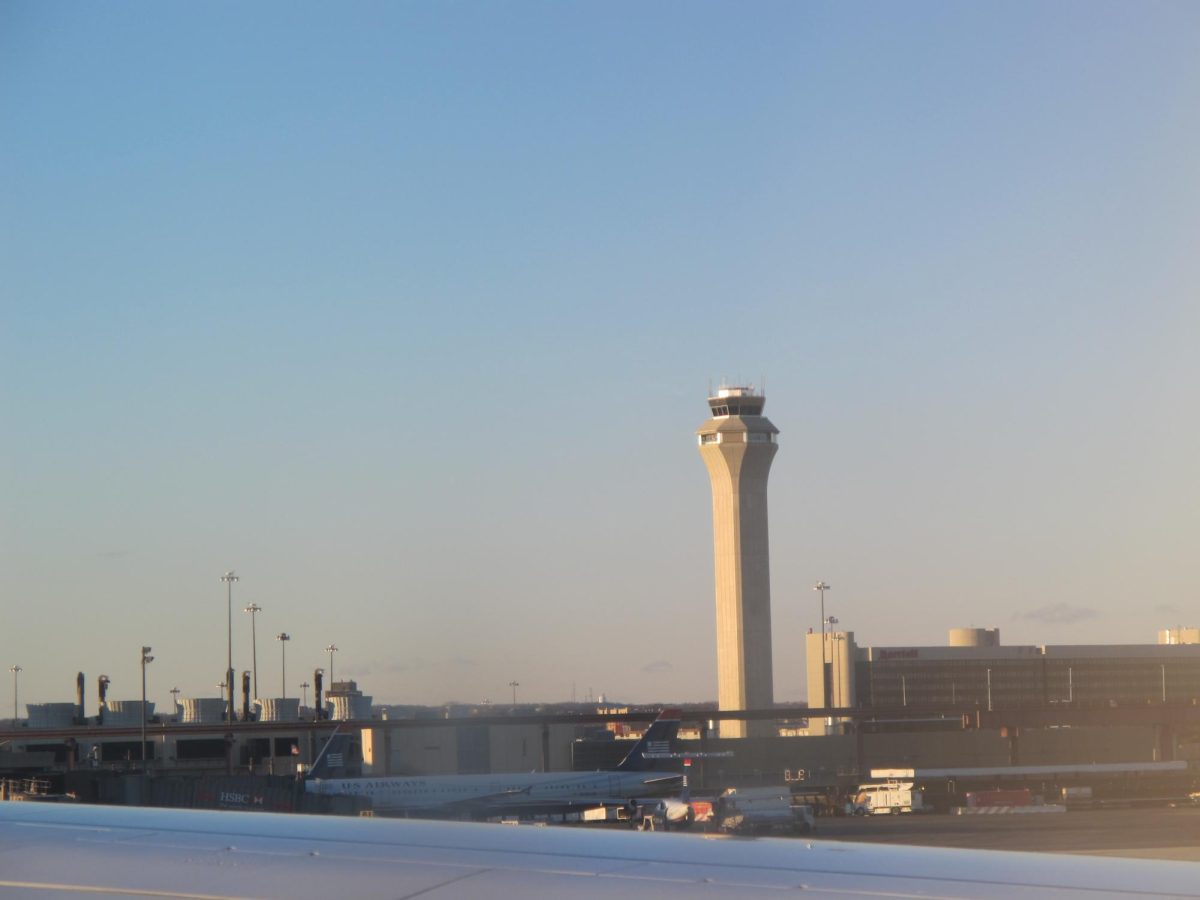
Iran launched over 300 missiles and drones throughout Israel on Saturday evening, April 13, 2024, in response to the April 1 attack on the Iranian consulate in Damascus, Syria. Over 99% of the missiles were intercepted by Israel and its allies, including the United States.
The April 1 attack saw the deaths of high ranking members of Iran’s revolutionary guard and elite paramilitary force. It also created lots of uncertainty and confrontation within the Middle East. Israel, which has a long standing rivalry with Iran, is facing pleas from its allies to step back from the situation, according to CNN.
Israel’s war cabinet is currently meeting to discuss the measure of retaliation in response to the Irani missile strikes that they encountered last night. World leaders, including U.N. Secretary General Antonio Guterres, urged Israel to hold back on a full force response to prevent a large-scale war between Israel and Iran. The Irani government in Tehran claims no further escalation after the strike, but warns of a more precise attack if Israel were to retaliate their strikes.
According to Ryan Bohl, senior Middle East and North Africa analyst at the risk intelligence platform Rane Network, Israel will need to plan a “covert escalation,” which calls for the country to plan out numerous strategies that will allow them to get their shadow war back into the conflict with Iran. This tactic will create a balance between the two countries, as Bohl believes Israel does not want to “over conflict” with Iran. President Joe Biden has warned Israeli Prime Minister Benjamin Netanyahu against launching new strikes on Iran, and that the Us would not participate in any offensive actions against Iran. Biden has privately said that he fears Netanyahu is trying to drag the US into a wider conflict.
According to CNBC News, another expert, David Roche, suspects that Israel will take a moderate retaliation; however, he does not fully rule out an extreme retaliation.
According to CNBC, world leaders are calling for the “utmost degree of restraint” in the aftermath of Iran’s airstrike against Israel. Many, including the France and German Prime Ministers, as well as the United States President Joe Biden, are condemning Iran’s actions and expressing concerns that this conflict will lead to greater regional disputes. Egypt has also expressed “deep concern” and called for the “utmost degree of restraint to spare the region and its peoples from further factors of instability and tension.” These European leaders vowed to work to de-escalate the situation. President Joe Biden also says that the U.S. will remain vigilant and will not hesitate to take action and protect the country. The United Kingdom plans to defend Israel’s security as well, and on Saturday, Prime Minister Rishi Sunak released a statement condemning “in the strongest terms” the “reckless” attack and that the U.K. would “continue to stand up” for Israel. Leaders around the world urge restraint, urgently meet to discuss peace, and discourage bringing outside countries into the conflict as the escalation may be a prelude for World War III.













